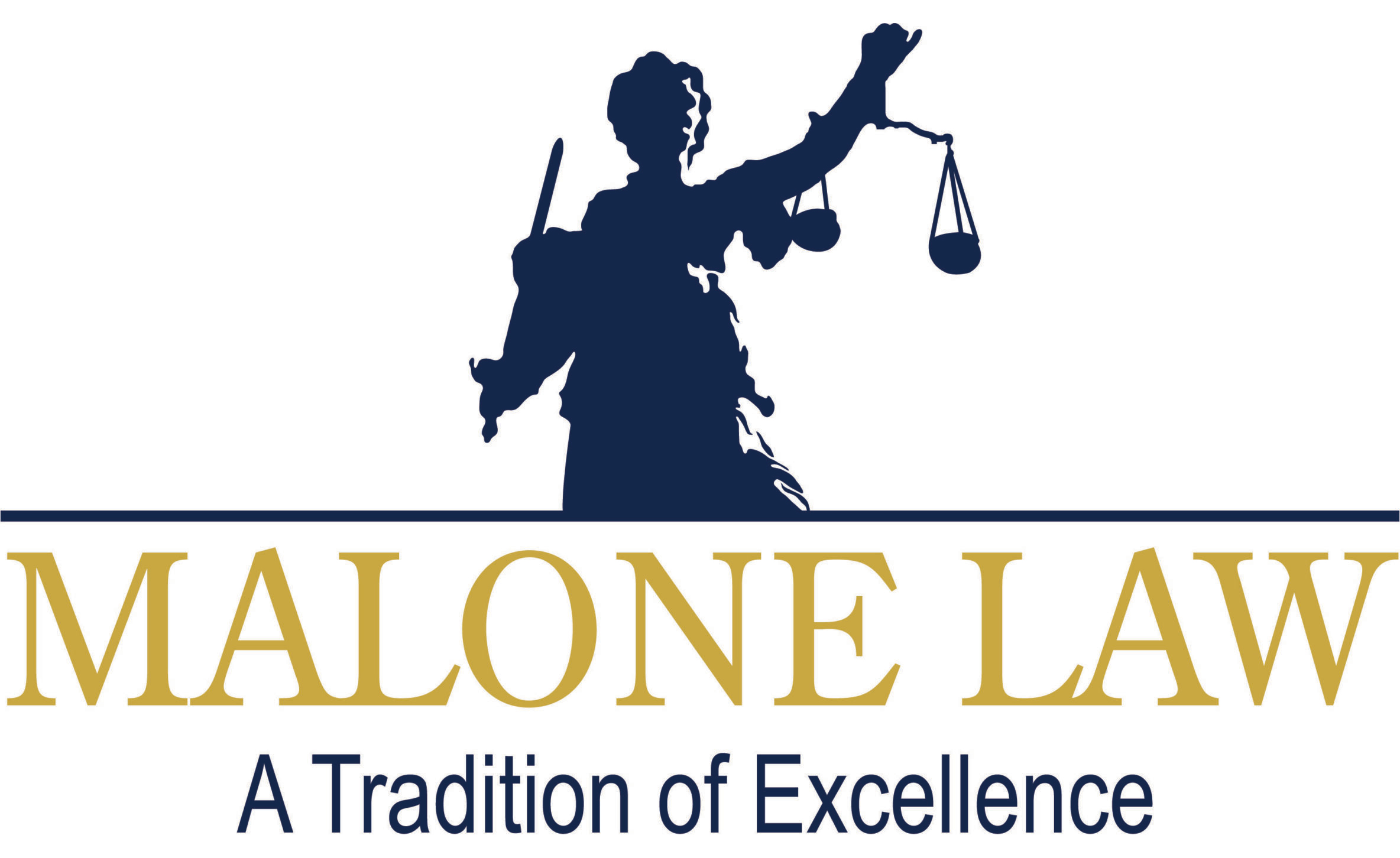
When someone is injured because of another person’s negligence, the typical path to recovery is through a personal injury claim in state court. But what happens if the negligent party is a federal employee or the injury arises from the actions of a federal agency?
In most circumstances, the government cannot be sued due to a principle known as “sovereign immunity.” The Federal Tort Claims Act (FTCA) provides a crucial exception to this rule. It allows private citizens to pursue compensation when they are harmed by the negligence of federal employees acting within the scope of their duties.
What Is the Federal Tort Claims Act?
Enacted in 1946, the FTCA is a federal statute that waives sovereign immunity in limited circumstances; it allows individuals to sue the United States for certain torts committed by federal employees.
In essence, it provides a way for injured people to hold the government accountable for negligent employees when they would otherwise have no legal recourse.
The FTCA covers a wide range of negligence-based claims, including medical malpractice and other catastrophic injury cases. However, it also has strict limitations and procedural requirements that differ significantly from standard personal injury claims.
The FTCA applies the tort law of the state where the negligence occurred. For Georgia residents, this means that Georgia personal injury law plays a central role in determining damages and liability.
Common Examples of FTCA Claims
FTCA claims often arise in situations where federal employees or agencies interact directly with the public. Some common examples include:
- Medical malpractice: Patients harmed by negligent care in federally funded hospitals or community health centers may have an FTCA claim.
- Car accidents: If a federal employee causes a collision while driving a government-owned vehicle within the scope of their employment, victims can typically seek compensation.
- Premises liability: Injuries sustained on federal property, such as a slip and fall at a post office, may qualify for damages under the FTCA.
- Negligence in federal facilities: This may include negligent supervision, maintenance failures, or other forms of carelessness by federal staff.
The Federal Tort Claims Act provides a way for individuals to hold the federal government accountable when negligence by its employees or agencies causes harm.
FTCA Limitations
While the FTCA opens the door for lawsuits against the federal government, it is not without restrictions. Some of the key limitations include:
- Only the actions of actual federal employees are covered. If the negligent party is an independent contractor, the government is generally not liable.
- Many intentional torts (such as assault or battery) are also excluded, although there are exceptions for law enforcement officers.
Additionally, the government cannot be sued for decisions that involve discretionary policy judgments, even if those decisions cause harm.
Procedural Requirements for FTCA Claims
The FTCA has unique procedures for filing claims against a federal agency. Before suing in federal court, you must first file an administrative claim with the relevant federal agency. This claim must be submitted within two years of the injury or accident.
The agency then has six months to respond. If the claim is denied, you may file a lawsuit in federal court. Likewise, if the agency fails to respond within six months, you also have the right to initiate a lawsuit.
If you miss the deadline, you may lose your right to compensation altogether.
Contact a Georgia Personal Injury Lawyer for Help
FTCA cases are more complex than traditional personal injury claims. They require strict compliance with federal rules and deadlines, and the government often contests liability aggressively. Even minor mistakes can jeopardize your right to compensation.
At Malone Law Medical Malpractice and Severe Injury Lawyers, we bring decades of experience handling high-stakes personal injury and medical malpractice cases, including claims involving federal agencies.
Call us today to schedule a free consultation and learn more about your rights under the FTCA.
We proudly serve in Fulton County.
Malone Law Medical Malpractice and Severe Injury Lawyers
2 Ravinia Dr NE Suite 300
Atlanta, GA 30346

